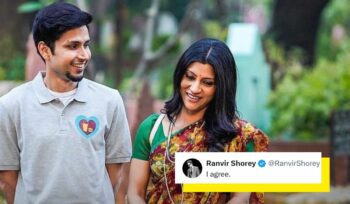Supreme Court Questions The Practice Of Female Genital Mutilation. It’s About Time!

There are times when religion clashes with law. And decisions and judgements that are difficult must be made. This is one of those times in the country. A judgment has been passed in the SC against the practice of female genital mutilation. The Supreme Court posed a valid question about such religious practices, asking ‘why the bodily integrity of women should be subject to a religious practice.’
In India, this practice has come under the scanner for the implications of such a procedure on young girls, something common in the Dawoodi Bohra community. According to the World Health Organisation, ‘FGM comprises all procedures that involve partial or total removal of the external female genitalia, or other injury to the female genital organs for non-medical reasons.’
Senior advocate A M Singhvi, representing the Dawoodi Bohra Women’s Association for Religious Freedom (DBWRF), sought adjournment of the hearing on the grounds that male circumcision was prevalent in the community, and that FGM is a essential practice of the religion, which needed to be examined. The counsel also talked about the Articles 25, 26 and 29 as well as Article 14 that allow for freedom to follow religious practices.
To this, the constitutional bench said, “The rights under Article 25 and 26 are subject to public order and morality. This practice has to be stopped. It has been declared as a crime in the USA, UK, France and 27 African countries.”
This is definitely a sensitive topic and one that acutely affects one particular community. However, we welcome this move of the court to hand the agency of a young girl’s body back to her. It truly is a private affair.

















